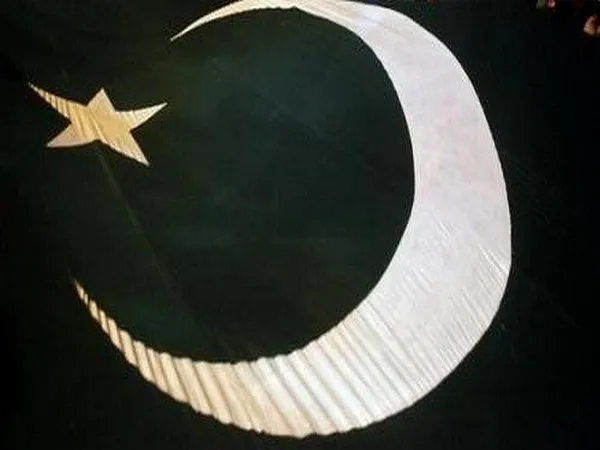Pakistan and China have enjoyed in recent years at the United Nations a relationship comparable to one between two powerful mafia families, rescuing each other on the issue of human rights violations.
Massimo Introvigne, an Italian sociologist of religions, writing in Bitter Winter, a magazine on religious liberty and human rights said that they operate separately. Still, each of them protects the other when the global communities attack them for violations of human rights.
At the United Nations, China tries to stop any censorship of Pakistan when it is accused of human rights violations for its genocidal treatments of Ahmadis, its daily harassment of religious minorities, and its harsh laws punishing blasphemy with the death penalty.
In turn, Pakistan is expected to reciprocate and side with China when it is criticized for what the UN has finally agreed to call its “crimes against humanity,” said Introvigne.
Notably, Pakistan put forth the principles of the UN Charter including “respect for political independence, sovereignty and non-interference in internal affairs of states,” when the Office of High Commissioner for Human Rights (OHCHR) released a report on human rights in Xinjiang.
When somebody mentions “non-interference,” you already understand that an effort is being made to defend the indefensible, reported Bitter Winter.
Even the United Nations, where China exerts considerable influence, found that the Beijing regime is committing “crimes against humanity” in Xinjiang. Yet, Pakistan assures that these are “internal affairs” of China, and the international community should just shut up.
Moreover, Islamabad appreciated “Beijing’s constructive engagement with the UN human rights system as well as the OIC General Secretariat, as evidenced by visits of the former High Commissioner for Human Rights and OIC delegation to China.”
OIC is the Organization of the Islamic Conference, and Pakistan played a relevant part in inducing it to betray its fellow Uyghur and other Turkic Muslims of Xinjiang, siding with their Chinese executioners in the name of geopolitical and commercial interests, said Introvigne.

